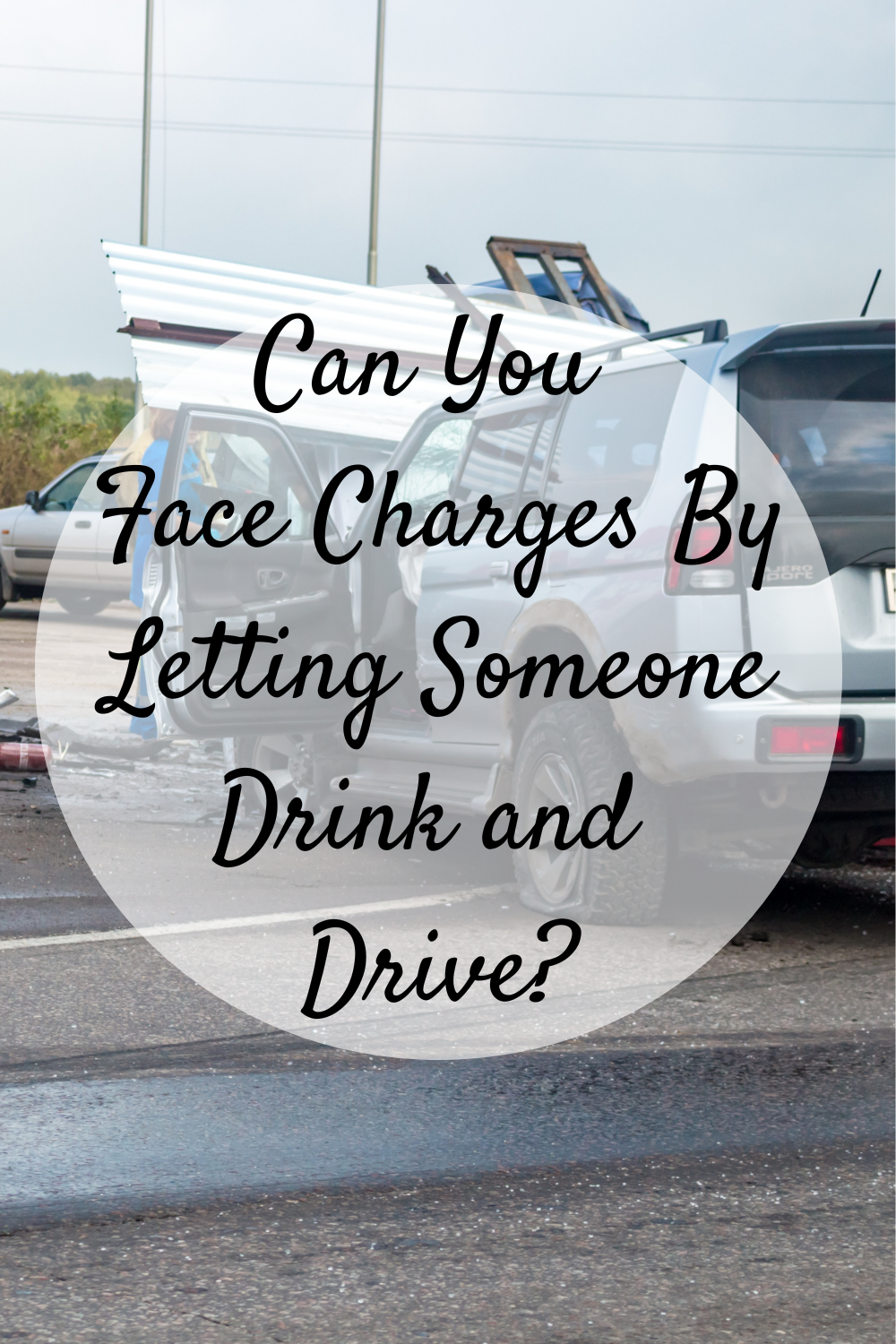

In today’s society, the dangers of drinking and driving are well-documented and widely acknowledged. Despite stringent laws and extensive awareness campaigns, incidents involving impaired drivers continue to pose significant threats to public safety. But what about the individuals who allow or enable someone to drink and drive? Can they face legal consequences for their role in such scenarios? The answer is nuanced and can vary depending on jurisdiction and specific circumstances, but it is indeed possible to face charges for letting someone drive under the influence. If you were involved in a drunk driving accident, make sure to speak with a Kansas City accident attorney for legal guidance and support.
Legal responsibility for allowing someone to drive drunk often falls under the umbrella of “negligent entrustment” or “aiding and abetting.” Negligent entrustment occurs when an individual knowingly provides a vehicle to someone who is impaired, thus enabling the driver to operate the vehicle in a manner that could cause harm to themselves or others. Aiding and abetting, on the other hand, refers to assisting, facilitating, or encouraging another person to commit a crime—in this case, driving under the influence (DUI).
One of the most common contexts in which these legal principles come into play is social host liability. Social hosts—such as individuals throwing parties or gatherings where alcohol is served—can be held responsible if they allow an intoxicated guest to drive away. In some jurisdictions, social hosts may face civil liability, meaning they could be sued for damages if the drunk driver causes an accident. In more severe cases, criminal charges might be pursued, especially if the host’s actions are deemed grossly negligent or reckless.
The specific laws and penalties related to enabling drunk driving can vary significantly from one jurisdiction to another. In the United States, for example, many states have laws that hold individuals accountable for knowingly allowing someone to drive drunk. Penalties can range from fines to imprisonment, depending on the severity of the situation and the outcomes of the impaired driving incident. Having a Philadelphia car accident lawyer for an accident in Philadephia will help with specific local laws and so forth with other states.
In some states, “dram shop” laws extend this liability to establishments that serve alcohol, such as bars and restaurants. These laws can hold the establishment—and by extension, its employees—liable for serving alcohol to an obviously intoxicated person who then drives and causes harm. While these laws primarily target businesses, the underlying principle of responsibility can similarly apply to private individuals in social settings.
Consider a scenario where a person hosts a party and a guest becomes visibly intoxicated. Despite noticing their impairment, the host allows the guest to leave and drive home. If the guest subsequently causes an accident, injuring or killing someone, the host could be held legally responsible. This could involve being sued for damages in civil court, facing charges of negligent entrustment, or even being charged with a crime such as manslaughter, depending on the circumstances.
In another example, imagine a group of friends at a bar, where one friend becomes heavily intoxicated. The sober friends recognize the impairment but fail to intervene, allowing the intoxicated friend to drive. If an accident occurs, the friends could potentially face charges for aiding and abetting, depending on their actions and level of involvement.
To avoid such legal and moral pitfalls, individuals should take proactive steps to prevent drunk driving. This includes arranging alternative transportation options, such as taxis, rideshares, or designated drivers, and being assertive in ensuring intoxicated guests do not get behind the wheel. Encouraging responsible drinking and setting clear expectations at social events can also help mitigate risks.
The principles of negligent entrustment and aiding and abetting underscore the importance of taking responsibility not only for one’s own actions but also for the safety of others. By understanding the potential legal ramifications and taking proactive steps to prevent drunk driving, individuals can contribute to a safer community and avoid the severe consequences that can arise from enabling such dangerous behavior.
In recent years, the rapid advancement of blockchain technology and the increasing popularity of cryptocurrency…
Imagine running a business where your office is anywhere with an internet connection, your team…
In an industry historically dominated by exclusive networks and privileged connections, Canary Wharfian has emerged…
From weatherproof TVs to premium audio, outdoor living is going high-tech across the metro area.…
Singapore, known for its vibrant culture, stunning architecture, and world-class attractions, is a top destination…
In the current world where time is of the essence, it should be easy and…
This website uses cookies.